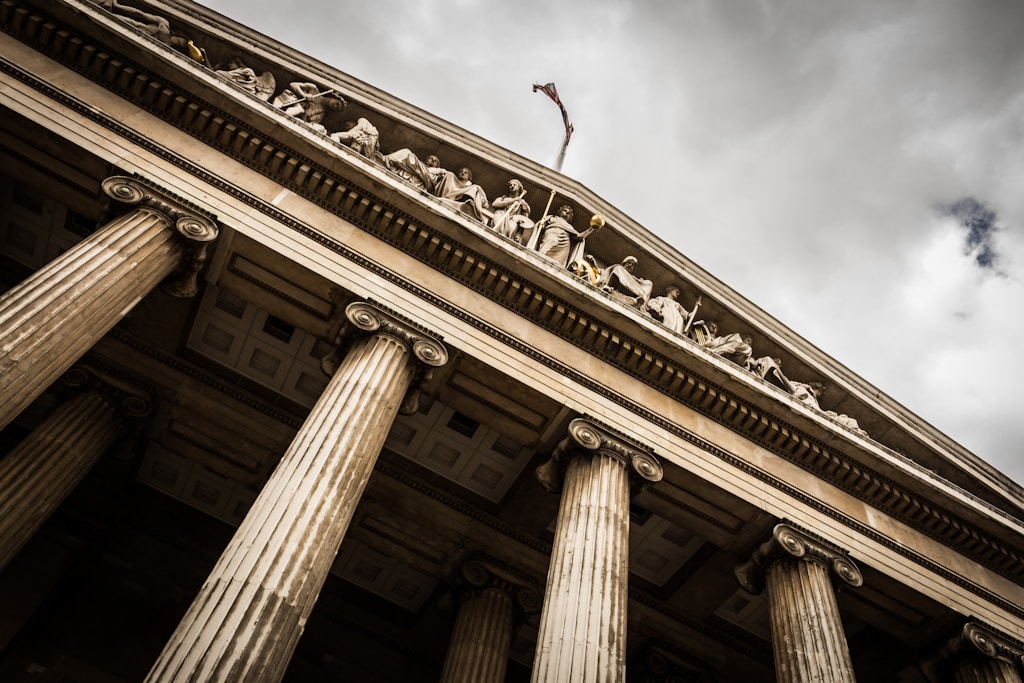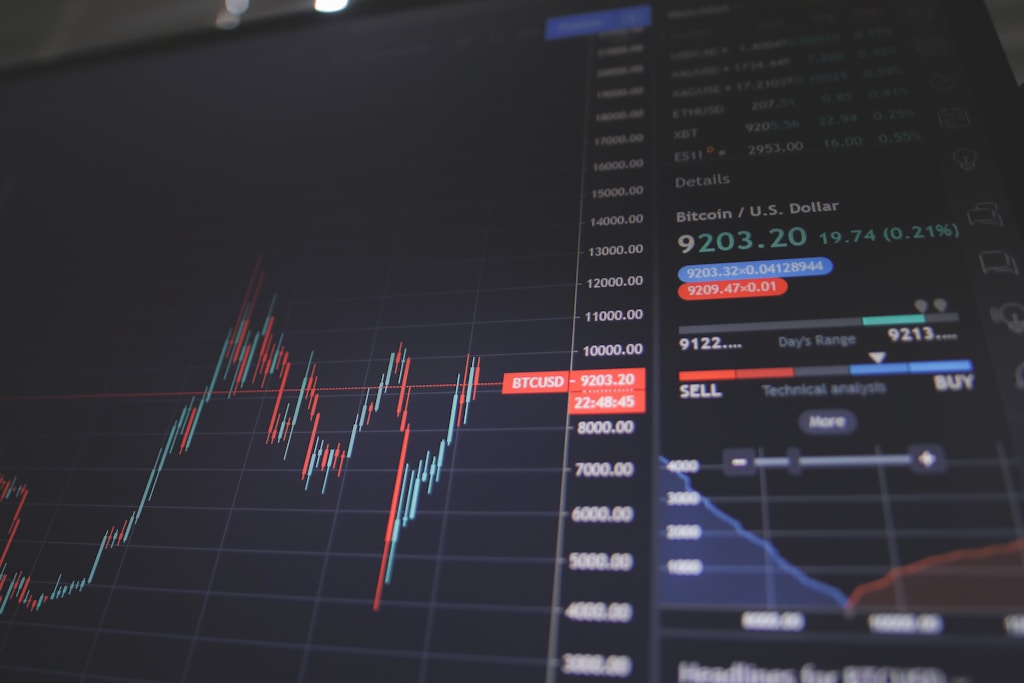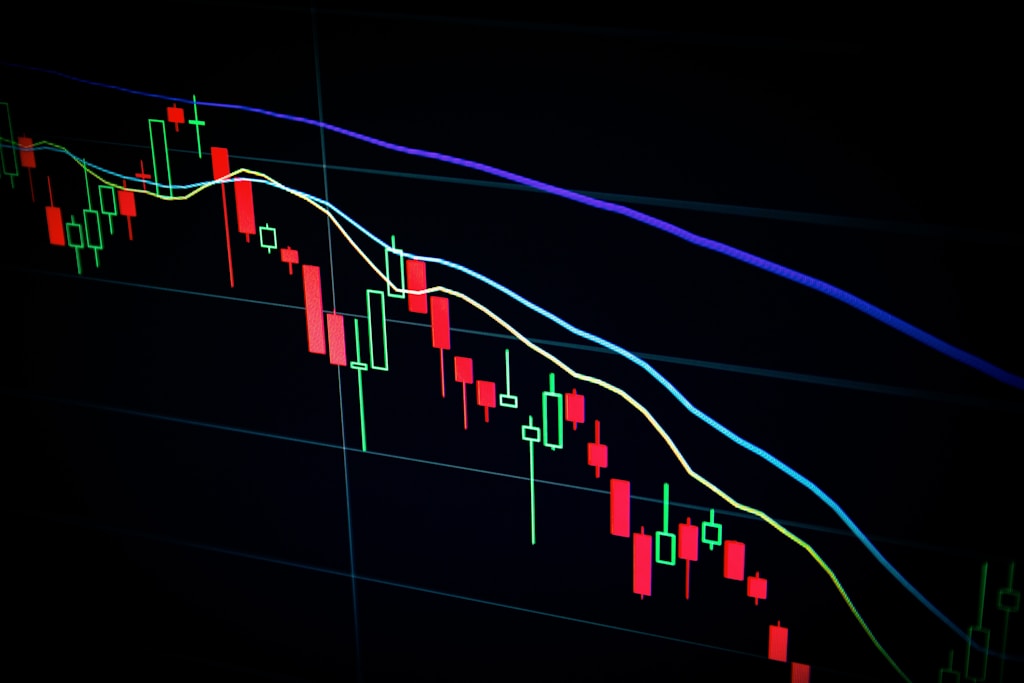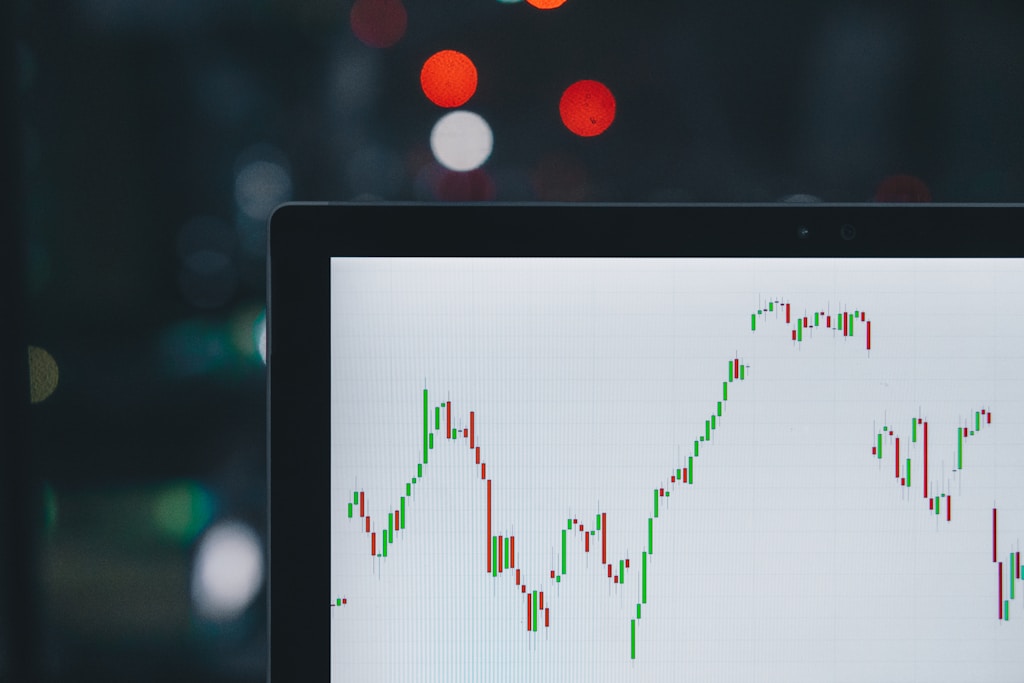The cryptocurrency industry received a major regulatory breakthrough today as the U.S. Securities and Exchange Commission (SEC) officially ruled that Bitcoin mining activities do not constitute securities under U.S. law. This landmark decision provides crucial clarity for the proof-of-work (PoW) mining sector and could spark significant growth in the American crypto mining industry.
Key Takeaways from the SEC’s Bitcoin Mining Ruling
- Bitcoin mining activities are not considered securities offerings
- Individual miners and mining pools exempt from securities registration
- Ruling applies to public, permissionless PoW networks
- Decision aligns with broader regulatory shifts under the new SEC leadership
Understanding the SEC’s Position on Mining Activities
The SEC’s Division of Corporation Finance has explicitly stated that ‘Mining Activities’ do not involve the offer and sale of securities as defined under the Securities Act of 1933 and the Securities Exchange Act of 1934. This clarification removes a significant regulatory burden from both individual miners and mining pools operating in the United States.
Impact on Major PoW Cryptocurrencies
The ruling has significant implications for leading PoW cryptocurrencies, particularly Bitcoin and Dogecoin. Bitcoin currently trades at $83,875, with the regulatory clarity potentially providing a new catalyst for institutional investment in mining operations.
Trump Administration’s Pro-Crypto Stance
This development aligns with the broader crypto-friendly approach of the Trump administration, which has established the Council of Advisers on Digital Assets to foster industry growth. Recent blockchain integration initiatives further demonstrate the administration’s commitment to making the U.S. a global crypto hub.
Frequently Asked Questions
What does this mean for Bitcoin miners?
Miners can now operate without concerns about securities registration requirements, reducing regulatory overhead and compliance costs.
Does this affect all cryptocurrency mining?
The ruling specifically addresses PoW mining on public, permissionless networks like Bitcoin and Dogecoin.
How does this impact mining pools?
Mining pools can continue operations without securities registration requirements, potentially leading to increased participation in collective mining activities.
Looking Ahead: Industry Implications
This regulatory clarity could catalyze significant growth in U.S.-based mining operations and attract international mining companies looking for a stable regulatory environment. The decision may also influence global regulatory approaches to cryptocurrency mining.






